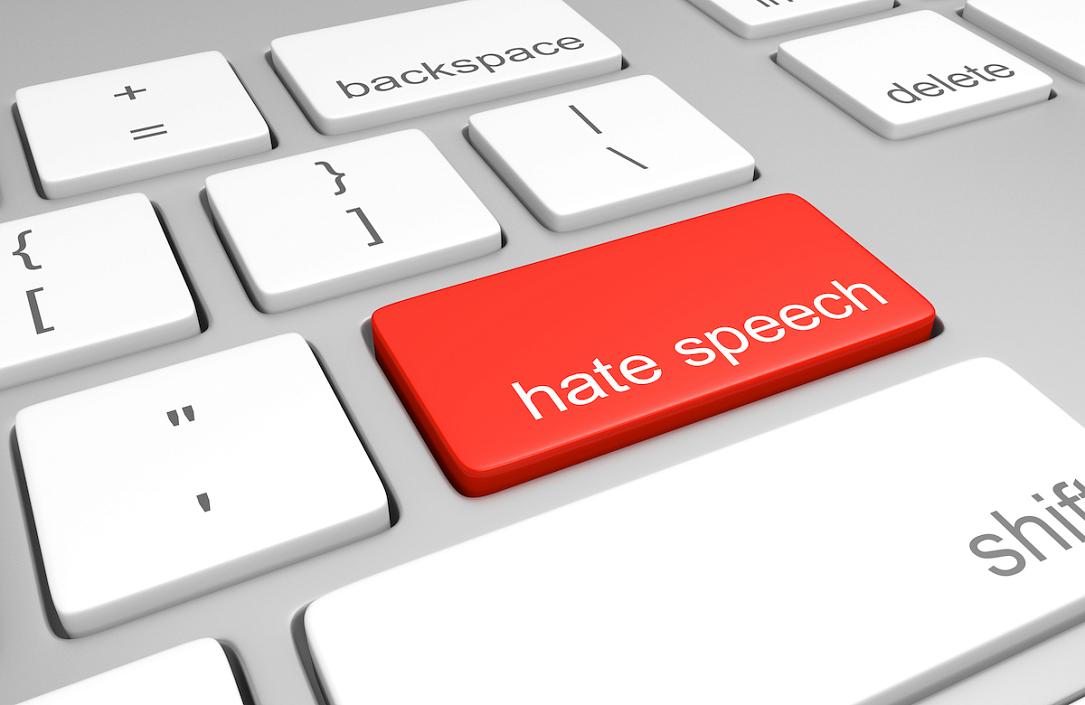Hungarians and sexual minorities, the main targets of hate speech in Romania last year – report



The Hungarians and sexual minorities were the main targets of intolerant and hate speech in Romania last year, but the violent hate speech tends to be used rather locally, not nationally, according to the “Annual report on the intolerant and hate speech in Romania – 2018” released on June 13 by ActiveWatch.
The report aims to review the main hate speech and anti-hate trends in Romania in 2018. The research focused on several main topics, namely manifestations of intolerance in public space; public events to support diversity; the activity of the main institutions with competence in sanctioning hate speech; regulations in the media, political parties and sports federations; and current legislation and legislative proposals.
ActiveWatch said in its report that there have been many cases of politicians who used offensive expressions, most likely without realizing it, and that there are still extreme manifestations of anti-Semitism in Romania. On the other hand, the Islamophobic and anti-refugee discourse has diminished once the press has lost interest in the refugee crisis, but has not disappeared altogether.
Meanwhile, public events that encourage diversity continue to attract more and more people as compared to events that promote intolerance, the report also revealed. Moreover, last autumn, in the context of the referendum to change the definition of family in the Constitution, which would have banned same-sex marriages in Romania, an impressive number of public figures have shown their support for the LGBTQ community.
When it comes to the activity of the main institutions that can sanction hate speech in Romania, the report found that the National Council for Combating Discrimination (CNCD) was the institution that settled most complaints last year. However, “although CNCD’s activity began to recover towards the end of the year, the first half of 2018 was marked by the collapse of the Council in the face of the political pressures it was (and, possibly, still is) subjected to. These pressures are likely to compromise the very principles governing the CNCD's work,” the report reads.
Meanwhile, the National Audiovisual Council (CNA) applied a small number of sanctions in 2018, but with a much higher value than those applied by CNCD. However, the sanctions applied by CNA often target violations of audiovisual laws, so it is unclear what proportion of each fine can be directly attributed to hate speech. Moreover, ActiveWatch said that the CNA was basically absent during the referendum last autumn and, more than that, through its decisions about the media coverage of this subject, it “clearly favored those who wanted the referendum to be validated.”
The report also found that self-regulation at the level of political parties and media organizations “seems to be more on paper.” Very few cases of combating hate speech from inside the parties reach the media. Meanwhile, ActiveWatch believes the sports federations need to improve the way in which they relate to hateful speeches occurring during sports competitions.
When it comes to the law, the report said that the existing legislation on combating hate speech covers the main issues and is not excessive. Meanwhile, most of the legislative proposals with discouraging effects on the promotion of diversity and tolerance are rather abandoned in committees and not definitively rejected.
The research is mainly qualitative, carried out via desk research, therefore its results cannot be considered as statistically relevant, ActiveWatch said. The full report is available here.
newsroom@romania-insider.com